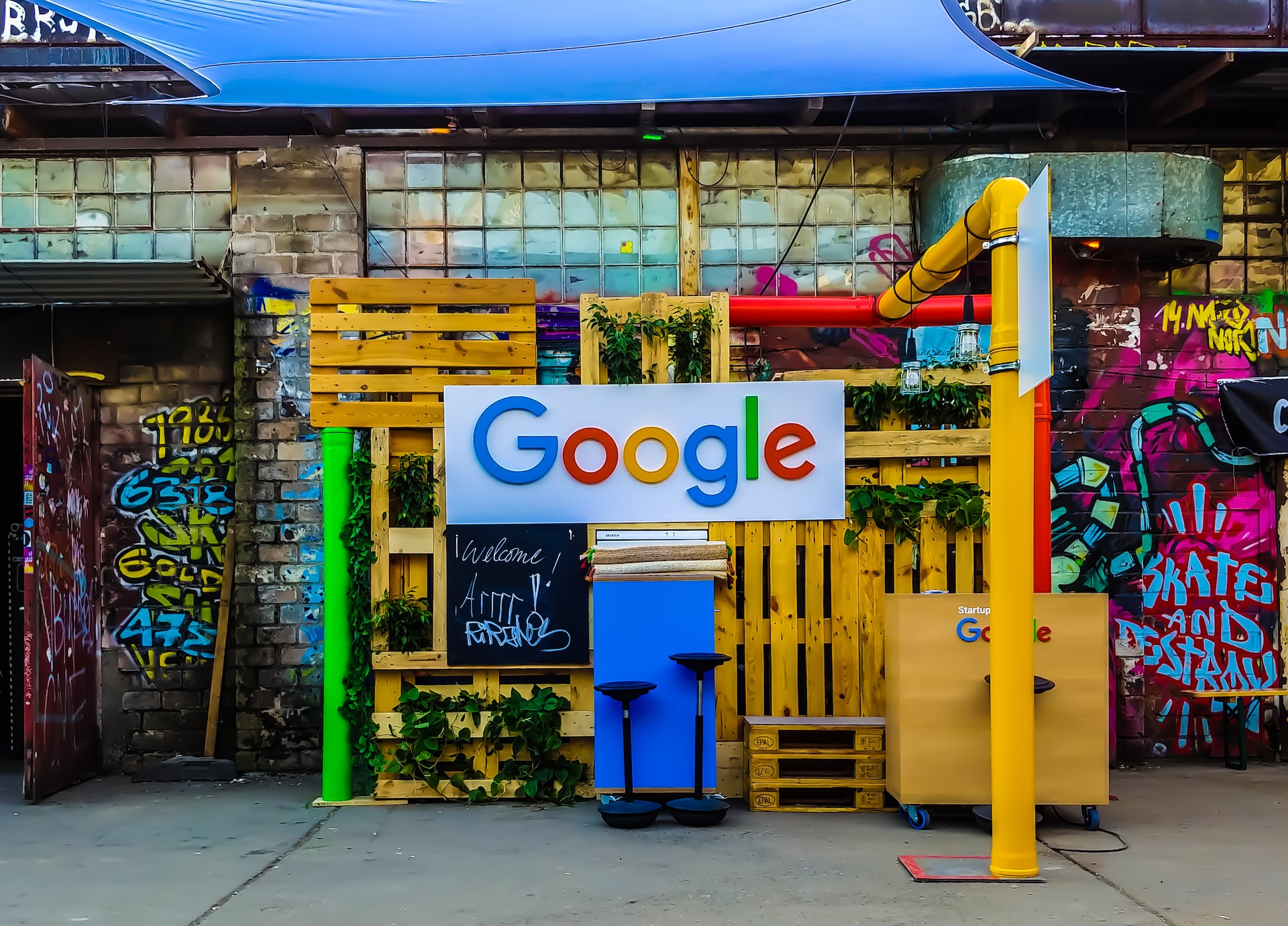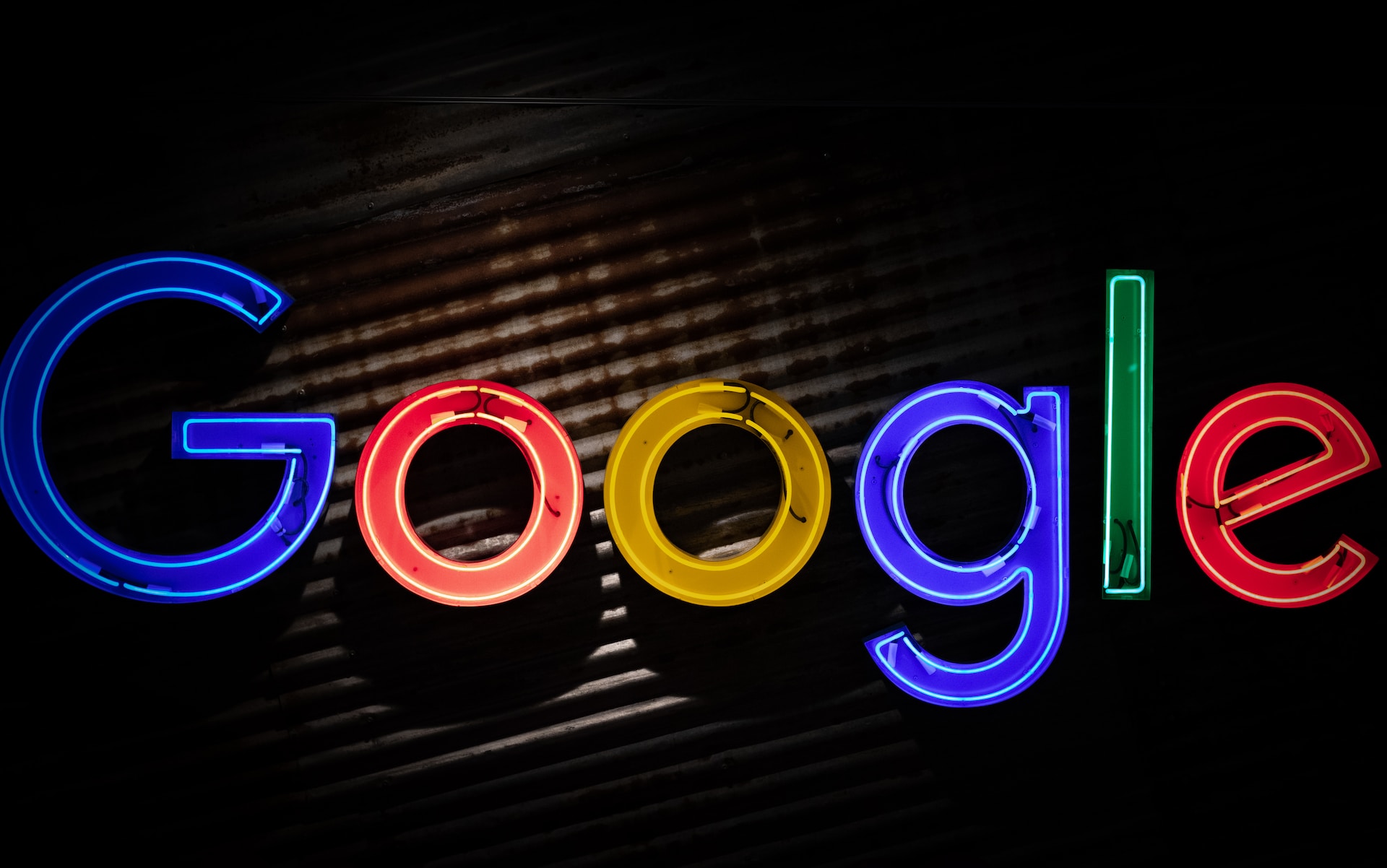In recent years, artificial intelligence (AI) has been a hot topic, with many tech companies racing to develop more advanced and sophisticated AI systems. One of the leaders in this field is Google, which has invested heavily in AI research and development. However, Google’s dominance in the AI space was recently challenged by an unlikely contender – a chatbot called ChatGPT.
ChatGPT is a large language model developed by OpenAI, based on the GPT-3.5 architecture. It was trained on a massive amount of text data and is capable of generating human-like responses to a wide range of questions and prompts. While ChatGPT was not specifically designed to compete with Google’s AI systems, its remarkable abilities caught the attention of many in the tech industry.
The story of how ChatGPT “stole” Google’s AI thunder began with a simple question posed by a user on a popular tech forum. The user asked if anyone knew of a chatbot that could provide accurate and useful information about a particular topic. ChatGPT was suggested as a possible solution, and the user decided to give it a try.
To the user’s surprise, ChatGPT not only provided a comprehensive and informative response but did so in a way that was natural and easy to understand. This experience led the user to share their discovery with others, and soon, ChatGPT became a topic of discussion on social media and other online forums.
As more and more people began using ChatGPT, its popularity continued to grow. Soon, it was being used by journalists, researchers, and even businesses to generate content and answer questions. Its ability to provide accurate and informative responses to a wide range of queries made it a valuable resource for many.
Meanwhile, Google continued to develop and improve its own AI systems, but it was clear that ChatGPT had captured the attention of many in the tech industry. Some began to wonder if Google’s dominance in the AI space was being threatened by this relatively unknown chatbot.
However, there were also concerns about the potential risks of relying too heavily on AI systems like ChatGPT. Some experts warned that these systems could perpetuate biases and perpetuate harmful stereotypes if not carefully monitored and regulated.
Despite these concerns, the popularity of ChatGPT and other AI systems like it continued to grow. Today, they are used in a wide range of applications, from customer service chatbots to medical diagnosis tools.
The story of ChatGPT and its unexpected rise to fame serves as a reminder of the power of AI and the potential for even small innovations to disrupt established industries. It also highlights the need for continued research and development in this field, as well as careful consideration of the ethical and societal implications of these technologies.











